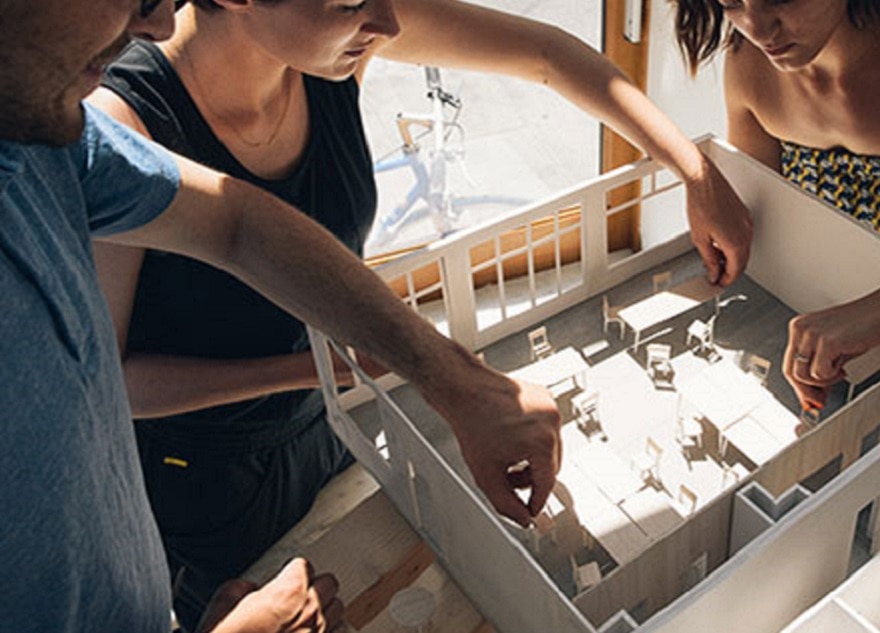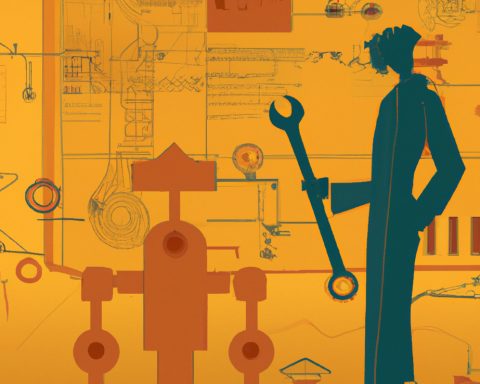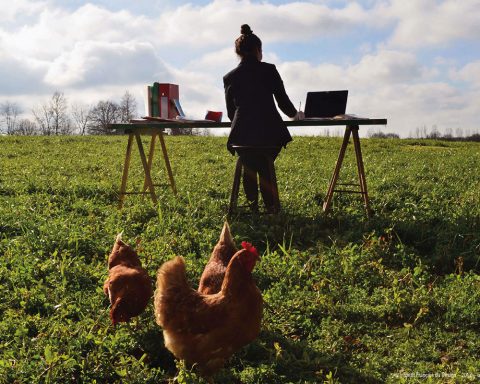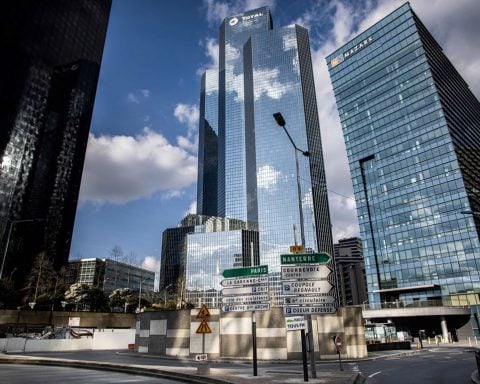
Changes in work: what trends?

Does the company still need a workplace?


Which office tomorrow?
Meeting with Nathanaël Mathieu,
co-founder of Neo-nomade and head of LBMG

![]()
![]()
![]()
![]()
![]()
![]()
![]()

Anything to add? Say it as a comment.





![]()
![]()
![]()
![]()
![]()
![]()
Why not enjoy unlimited reading of UP'? Subscribe from €1.90 per week.
![]()

Anything to add? Say it as a comment.



Already registered? I'm connecting
Register and read three articles for free. Subscribe to our newsletter to keep up to date with the latest news.
→ Register for free to continue reading.

You have received 3 free articles to discover UP'.





